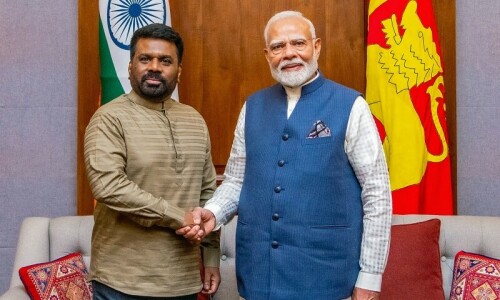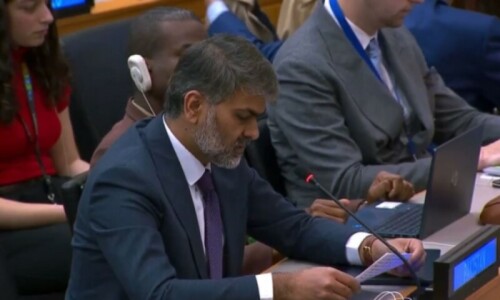ISLAMABAD: The World Bank is currently working with the government to invite private sector participation in the distribution sector, starting with the best-performing power distribution companies (Discos).
The success of this initial initiative could pave the way for the private sector participation in under-performing Discos. However, Discos’ poor financial health remains a significant barrier.
An Asian Development Bank (ADB) report on the power distribution strengthening project says to attract private investment and ensure the success of private sector participation, addressing these underlying problems within the Discos will be critical.
The government has rigorously pursued various options for private sector participation in the distribution sector, but these efforts have faced significant opposition from stakeholders concerned about job losses, increased tariffs, and the potential loss of control over a critical sector. Potential investors have also expressed concerns about the lack of clarity in regulations, tariff mechanisms, and the legal environment.
Most Discos in Pakistan are running significant financial deficits, with nearly all reporting losses in FY23. High losses and poor collection efficiency for supplied electricity drive these financial challenges. In FY23, several Discos reported collection rates above 90pc, while half of the Discos demonstrated alarmingly low recovery rates, including QESCO (36.9pc), SEPCO (66.5pc), and the Hyderabad Electric Supply Company (74.4pc).
Eleven regionally distributed state-owned Discos and one private Disco for Karachi supply electricity to more than 38 million customers nationwide. Of these, 86pc are residential, 11pc are commercial, with a smaller proportion being industrial and agricultural users.
In addition to high power purchasing costs, the distribution sector faces ageing infrastructure and weak governance challenges, leading to substantial financial losses and growing circular debt. In FY23, according to the ADB report, Discos reported combined transmission and distribution losses of 16.5pc, compared to 10.3pc in Bangladesh, 12.7pc in Nepal, and the global average of 8pc.
These losses added Rs160.4bn to circular debt in FY23; the largest contributions were from the Peshawar Electric Supply Company, the Lahore Electric Supply Company, the Quetta Electric Supply Company, and the Sukkur Electric Power Company. The mounting financial pressures and operational inefficiencies exacerbate circular debt and undermine the energy sector’s financial sustainability.
Published in Dawn, December 15th, 2024















































